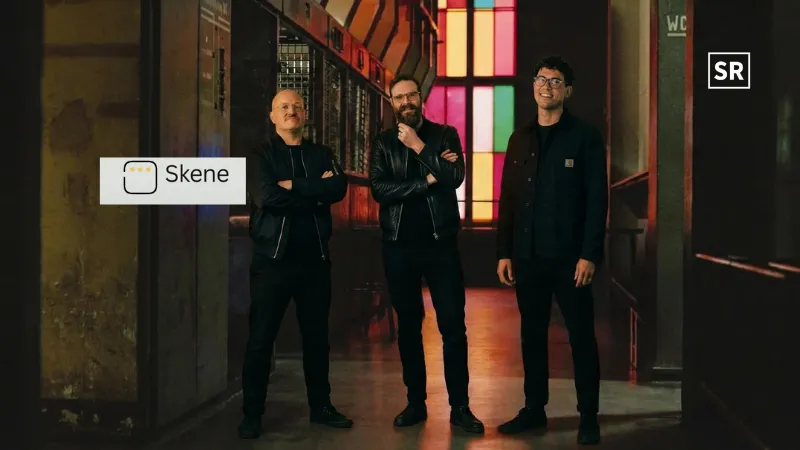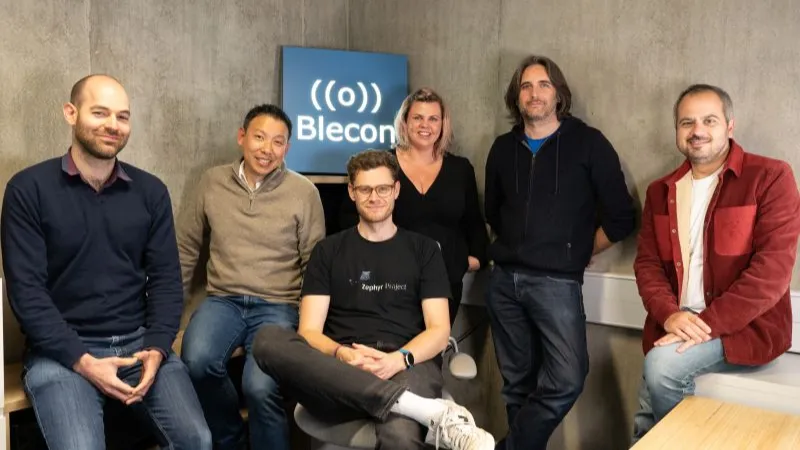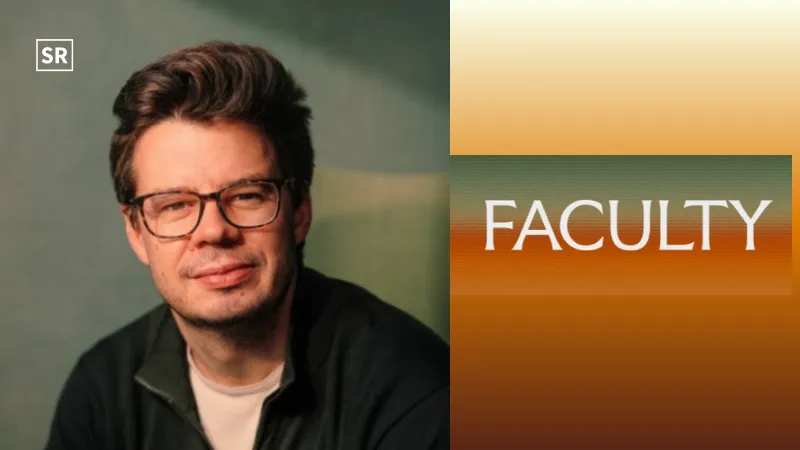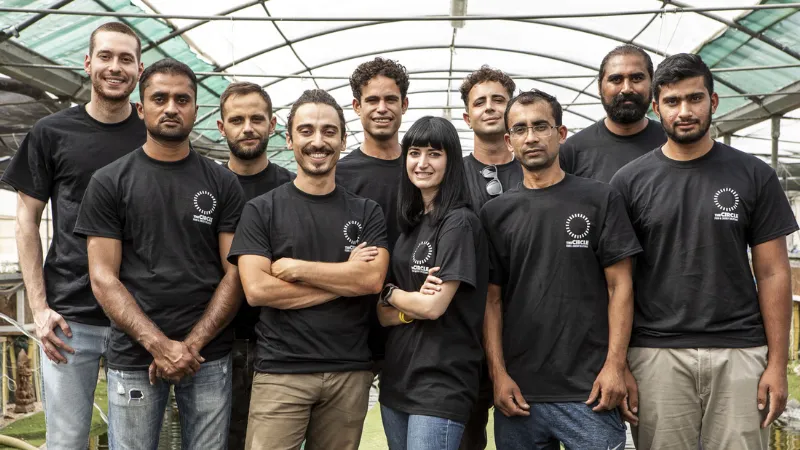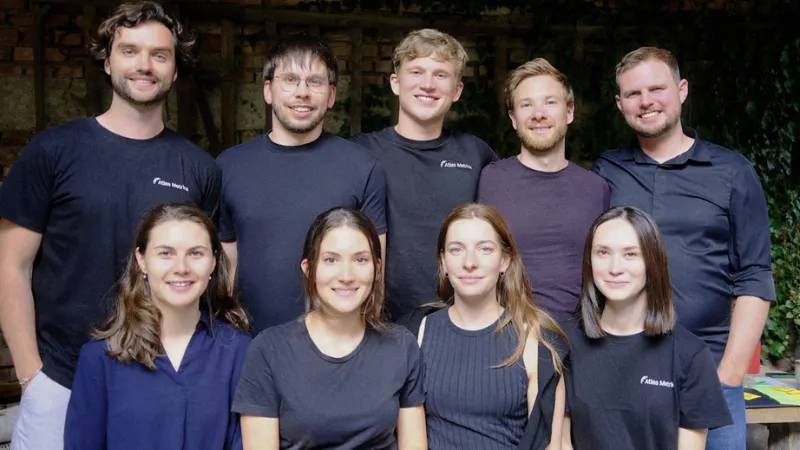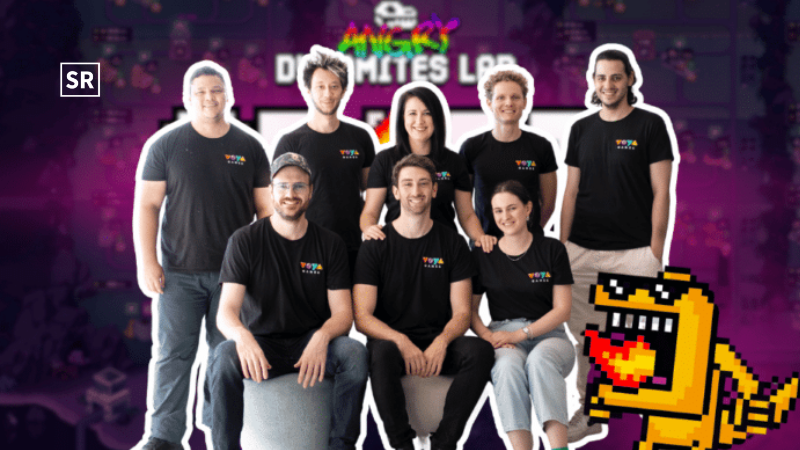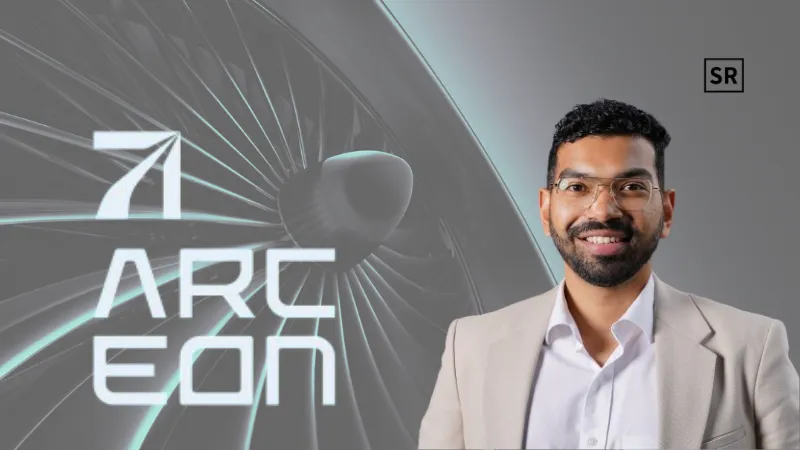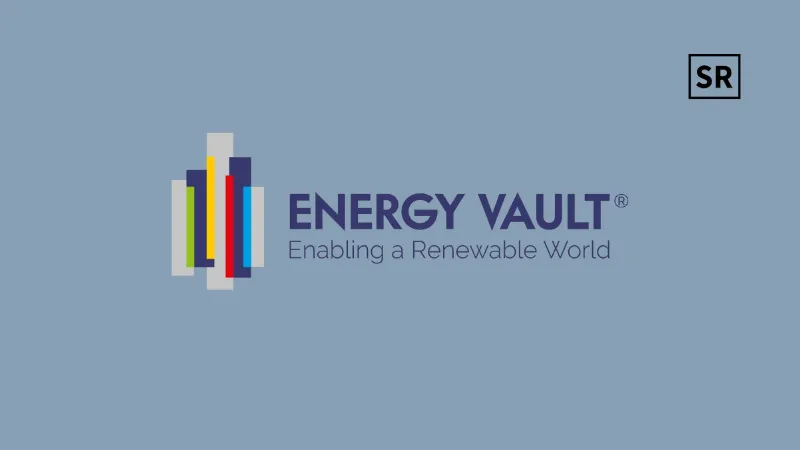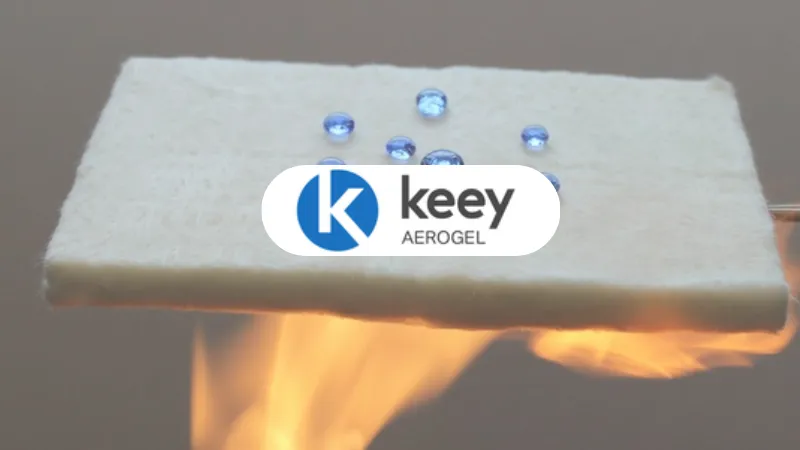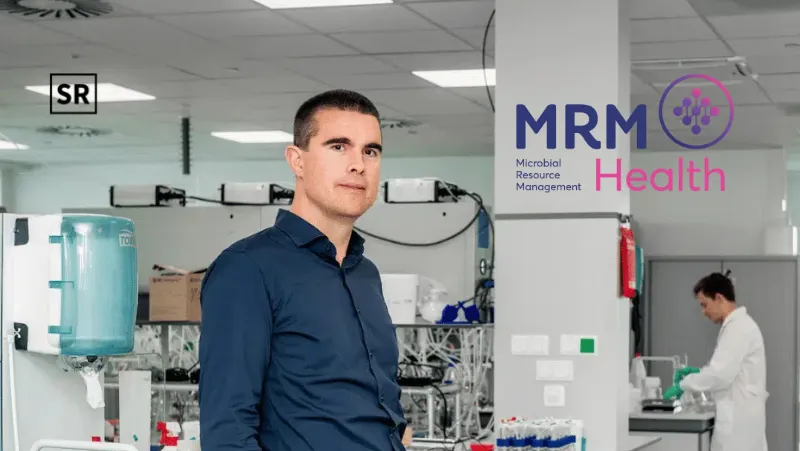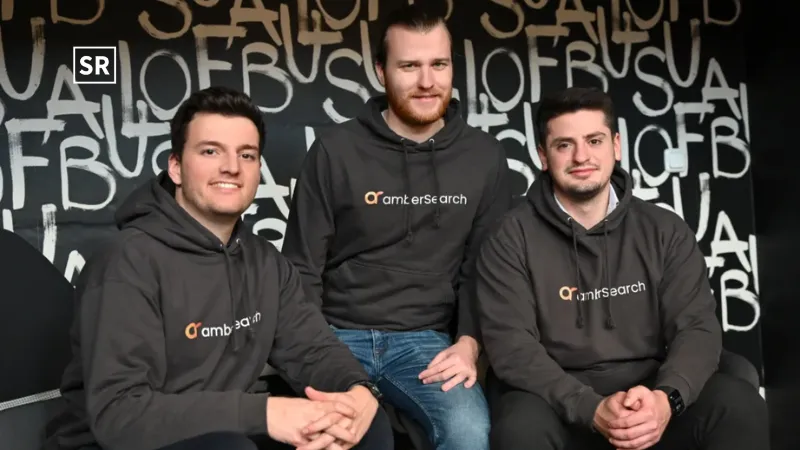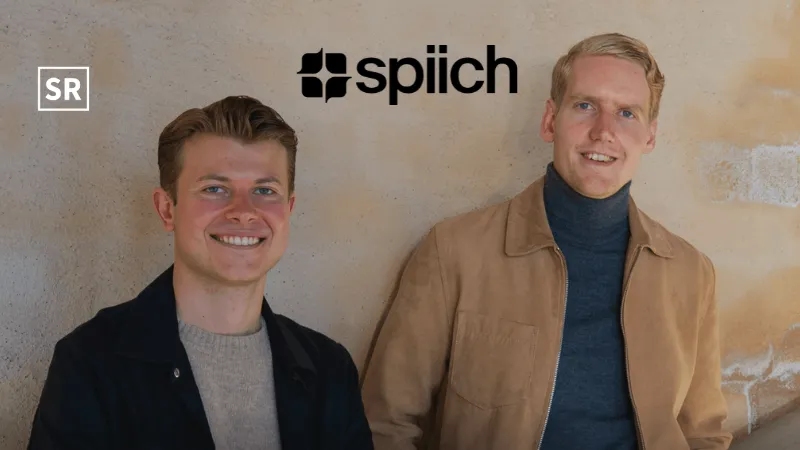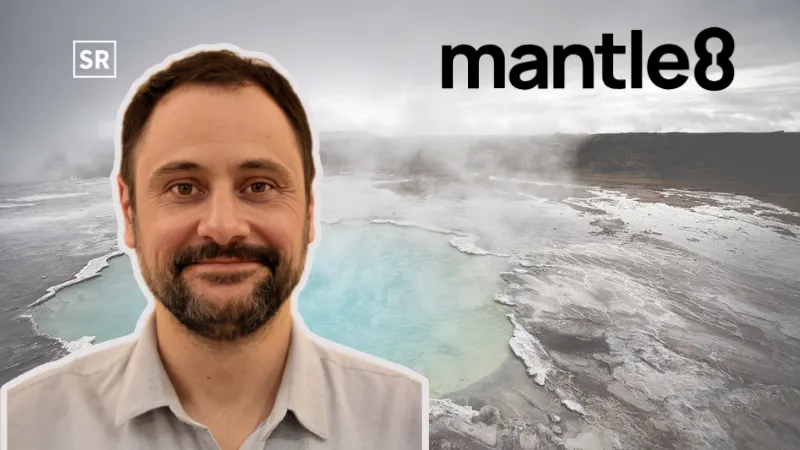Kreios Space Secures €8M In Europe’s Largest Investment For VLEO Satellite Technology
Sep 18, 2025 | By Kailee Rainse
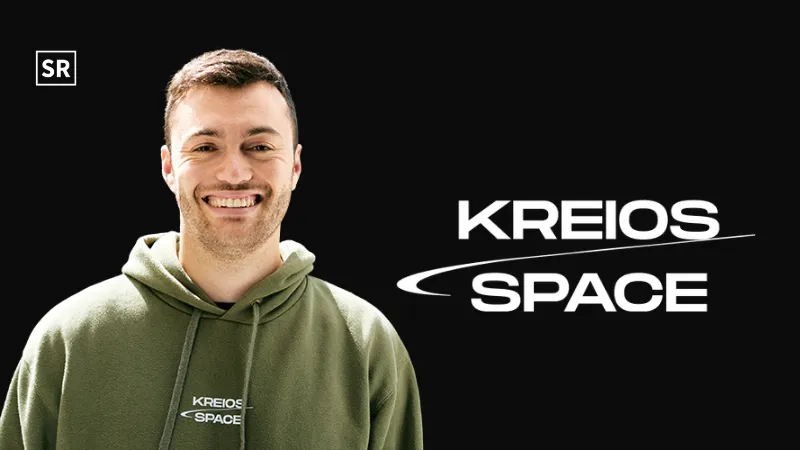
Kreios Space, a Spanish SpaceTech startup based in Vigo, has raised €8 million, marking Europe’s largest investment in very low Earth orbit (VLEO) satellite technology to date.
SUMMARY
- Kreios Space, a Spanish SpaceTech startup based in Vigo, has raised €8 million, marking Europe’s largest investment in very low Earth orbit (VLEO) satellite technology to date.
The Seed round was led by the NATO Innovation Fund and Berlin’s JOIN Capital, with support from Grow Venture Partners, Xesgalicia, and Tasivia Global. The funds will help Kreios Space develop its air-breathing plasma propulsion system and launch its first two VLEO satellites.
“We are not just building satellites, we are opening up an orbit that was long considered impossible,” said Adrián Senar, CEO and Co-founder of Kreios Space. “Very low Earth orbit offers more accurate vision, faster connectivity and greater independence in space. With this funding, we are going to demonstrate our technology in orbit and place both Europe and Spain at the forefront of this emerging domain.”
Founded in 2021 by Adrián Senar, Jan Mataró, Francisco Boira, Adrià Barceló, Max Amer, and Francisco Bosch, Kreios Space is developing Air-Breathing Electric Propulsion (ABEP). This system converts atmospheric air into plasma fuel, enabling satellites to stay in low orbits longer without onboard propellant, overcoming a key limitation of current low-altitude satellites.
RECOMMENDED FOR YOU

Zendo Funding News- London-based Zendo Raises £1.75M In Pre-Seed Round
Kailee Rainse
May 12, 2025
Read Also - Paris FinTech Finary Raises €25M Funding In Series B Round
Building on a €2.3 million raise in 2024, the company plans to test its ABEP engine in orbit before commercial launches for Earth observation and broadband connectivity.
Operating at 150–400 km altitudes, Kreios satellites promise three times higher image resolution and the ability to deliver direct-to-device broadband without large antennas, offering critical applications in defence, climate monitoring, and disaster response.
“Kreios’ technology represents a decisive leap toward unlocking the next frontier of very low Earth orbit,” noted David Ordoñez, Senior Associate at the NATO Innovation Fund. “By bringing satellites closer to Earth, they enable high-resolution imaging and direct-to-device broadband at an entirely new level capabilities vital for European security.”
The development comes as Europe ramps up efforts to reduce reliance on non-European space infrastructure.
With ABEP-powered satellites orbiting just a few hundred kilometres above Earth, applications like wildfire detection and infrastructure monitoring become more precise and cost-efficient. Additionally, sovereign broadband capabilities could enhance connectivity for remote areas, emergency response, and military operations.
“Europe cannot afford to be left out of the next orbital economy,” stated Tobias Schirmer, Founding Partner at JOIN Capital. “What excites us about Kreios is the strategic significance it holds for Europe combined with the readiness of the technology. VLEO has long been a research focus; now it’s ready for real-world deployment.”
Starting as a lab concept in 2021, Kreios Space has grown into a 17-member team drawing talent from Thales, JAXA, and the European Space Agency (ESA). The company has also secured support from Spain’s CDTI and the Spanish Space Agency (AEE) under the National Space Technology Programme, highlighting Spain’s commitment to developing its orbital economy.
About Kreios Space
Kreios Space powers Very Low Earth Orbit (VLEO) satellites with its innovative Air-Breathing Electric Propulsion (ABEP) system allowing satellites to operate closer to Earth for longer periods without onboard propellant. This technology enhances imaging resolution, connectivity and cost-efficient satellite operations for applications like Earth observation and broadband services.


 Follow us
Follow us Follow us
Follow us